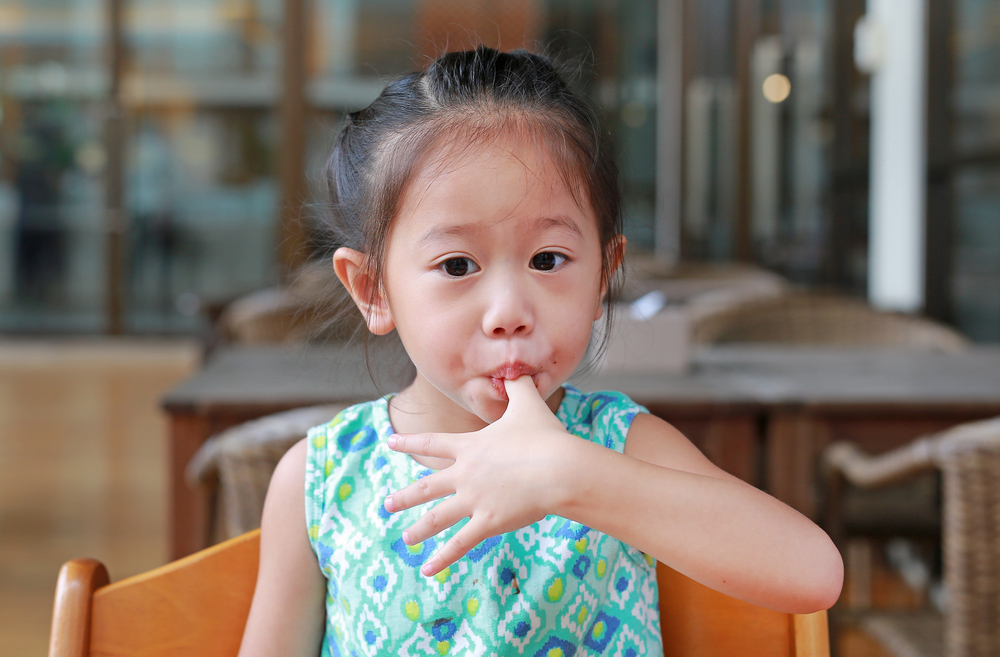Written by: Octopus Parent, Mr. Leung Wing Lok
The registration for Primary One discretionary places has closed, and parents who have “bought and left” can only resign themselves to fate. During the period from now until the release of the allocation results, the only thing that can be done under the government’s school allocation system is to “wait idly.” There are still a small number of Direct Subsidy Scheme (DSS) and private schools accepting applications. Parents who are unwilling to participate in the lottery for the central allocation can try their luck with DSS and private schools. Moreover, there are many websites that list the application deadlines for self-financed and private schools. For parents of students who have already applied to DSS and private schools, especially those who are preparing intensively for interviews, I must remind parents to prioritize their children’s mental health.
Intensive interviews harm children’s psychology
Humans always tend to repeat mistakes. Every year, after the peak period of interviews in September and October has passed, there are many well-intentioned people and organizations concerned with children’s mental health reminding us not to let intensive interviews harm children’s psychology. From what I remember, the most shocking newspaper headline was “Unable to withstand the intensive interviews for Primary One, a 5-year-old girl becomes depressed and wants to jump off a building.” These young children, only 5 or 6 years old, still do not understand what primary school life is about, nor do they know the difference between good and bad schools. It’s all because of how parents describe them, saying “This is a prestigious school, but if you get into another one, it’s a disaster,” and so on, leaving the children confused and thus under immense pressure. There have been investigations by psychiatrists or groups showing that many children have developed symptoms of depression and anxiety, including suicidal thoughts, and need immediate treatment.
Depression that cannot be voiced
I remember, during my days as a journalist, interviewing veteran principals and psychiatrists. Some children, especially those who are more introverted and slow to warm up, might go through several interviews in a day during the busiest times. They play games and answer questions respectfully in front of a large number of unfamiliar principals and teachers. Afterwards, parents repeatedly ask about the content of the “games and answers,” and even scold or instruct them on how to respond without any reason, making it inevitable for some to be unable to bear it.
After becoming a parent myself, I have become even more mindful of what the psychiatrist said. Parents should not only pay attention to changes in their children’s daily habits, such as suddenly losing interest in their usual hobbies like watching TV, reading, and playing with toys—all of which are abnormal changes. More importantly, parents should be aware of their own changes. Have parents, in the process of preparing resumes and getting nervous about interviews, turned into a ‘Hulk’ at home, constantly in a state of anger, or have they put a halt to parent-child activities such as storytelling, playing, and outdoor activities during holidays? If parents transform into Primary One monsters, how can children possibly remain unaffected?
Parents, please remember, children are only 5 to 6 years old and still do not know how to express the depression and pressure in their hearts. They may even be reluctant to show anger towards their parents, keeping their feelings bottled up inside. Even if it doesn’t lead to psychological illness, if the parent-child relationship is broken, it can be very difficult to repair. The trust between parent and child is like a piece of paper; once you crumple it, you can never return it to its original state.
This article may sound a bit preachy, and I don’t know if considering the psychological changes in children when choosing a school counts as a strategy or tip. I only know that parents are always anxious about their children’s future, but please remember the wish you often expressed when your child was born: “To grow up healthy and happy, and to become a useful person is enough.” But when faced with considerations for Primary One, have you forgotten your original intention?




